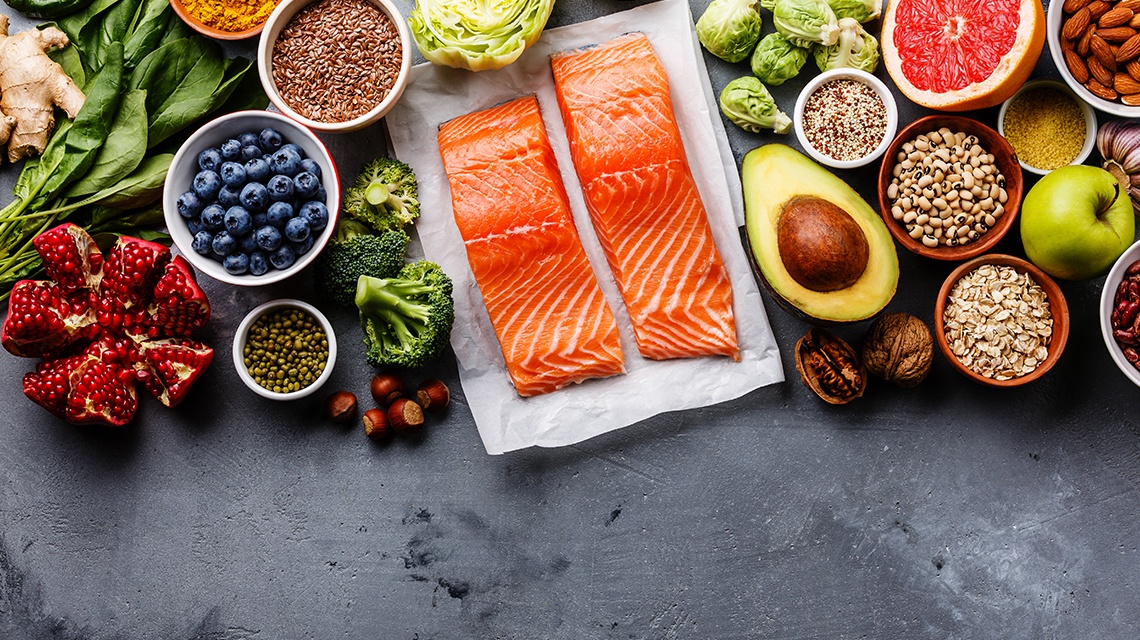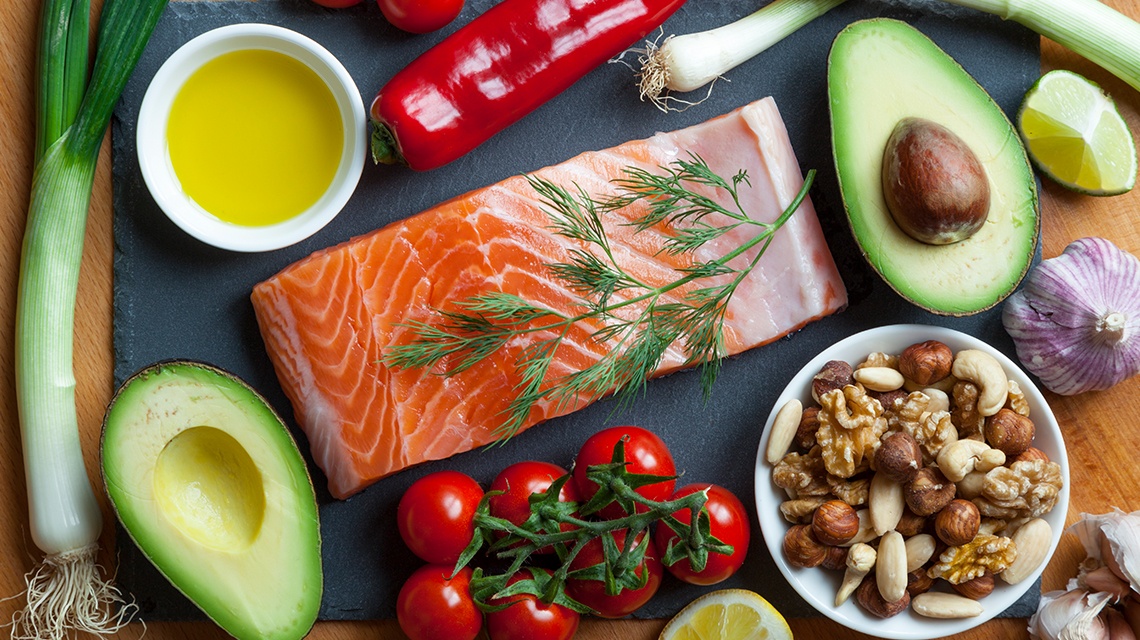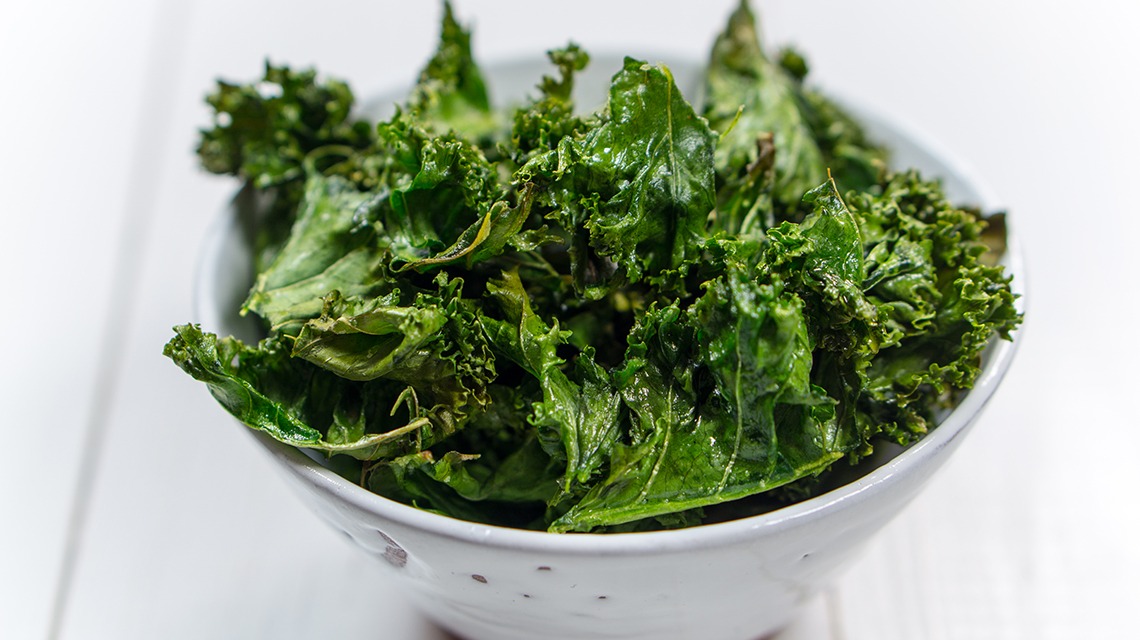
The Vitamin D Dilemma
Quick facts and why it’s so important (especially in the winter)
November 11, 2019
What: Essential for our health and well-being, vitamin D is a fat-soluble nutrient also known as the sunshine vitamin. There are two different forms of it—vitamin D2 (known as ergocalciferol) and vitamin D3 (cholecalciferol). The recommended upper intake level of vitamin D is 4000 IU/day or 100 micrograms.
This little chemical is involved in many physical processes including immune system functions, bone health and cancer protection. It allows your body to absorb essential elements like calcium, phosphate and magnesium making it especially vital for healthy bones, teeth and muscles. Research also indicates a correlation between a lack of this vitamin and seasonal affective disorder (SAD).
When: Our bodies naturally produce vitamin D when we are outdoors and our skin is exposed to UV rays in the sunlight. Throughout spring until fall, from March to September, most of us accumulate enough of the vitamin to get us through the winter. Extra amounts of the compound are stored in your body fat and liver for later use.
However, blood levels of this nutrient may fluctuate according to season due to a lack of sunlight. Especially in the winter months, those of us living in northern climates may experience a sudden drop of the vitamin D level in our blood. Recently, it has become an especially popular food supplement during the colder, darker seasons.
Why:Deficiency of vitamin D is linked to impaired bone production and a range of other issues including tiredness and malaise, bone pain and muscle weakness.
Several factors can impact the production of this vitamin, including skin pigmentation and how much skin is exposed to the sun. For example, your body is unable to produce it even if you sit beside a window, because the rays needed to trigger the chemical reaction cannot travel through the glass.
How:It’s important to note that you can get vitamin D in a couple of different ways besides just sun exposure. Some foods naturally contain the vitamin including the flesh of fatty fish (like salmon, tuna and mackerel), fish liver oils and egg yolks. Other foods have been fortified with the vitamin such as milk, breakfast cereals, orange juice, yoghurt and margarine.
Another source of vitamin D is dietary supplements, although this topic has a certain level of controversy surrounding it, with some doctors recommending that everyone should supplement, and others who claim that it isn’t necessary. Before determining if the addition of vitamin D is a good choice for you, speak to a health care provider.
Word to the Wise
- If you live somewhere that stays sunny all year-round, you probably don’t need to supplement
- Typically, supplements ranging from 1000-4000 IU (25-100 micrograms) should be more than enough for most people that don’t have regular access to the sun
- The only way to reliably determine if you need to take additional vitamin D is a blood test
- Some people have had great results in combatting seasonal mood issues by adding vitamin D supplements to their diet
Yumme, healthy!
Catch up now speaks more languages
To enable as many users as possible to connect with us and be part of our world, we offer CATch up in English, German, French, and Spanish. Please note that these translations are automated and may contain errors.
















